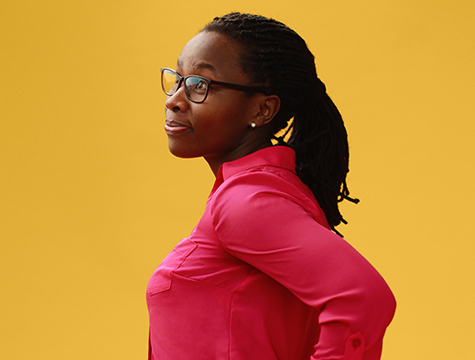Even before the coronavirus pandemic, an estimated 185 million people worldwide didn’t have enough food to live healthy lives. Now, just a year later, approximately 296 million face starvation, with developing countries such as Uganda the hardest hit.
That’s why, shortly after the pandemic began, Ugandan staff of the Iowa State University-Uganda Center for Sustainable Rural Livelihoods who work every day to carry out the center’s programs in the Kamuli District, pivoted from their normal job responsibilities to ensure hunger didn’t get a stronger foothold.
Because of the partnership built over the years, when the pandemic left access to agricultural inputs out of rural farmers’ reach, program staff, with support from Iowa State, were able to procure and deliver soy, amaranth, millet and maize seed to farmers in need. Along with follow-up visits by field specialists to ensure that crops took hold, the established relationships the program has built with these communities is helping them bridge the gap between resiliency and recovery.
The effort is simply one more example of an effective land-grant university alliance, supported by trusted relationships that program leaders forged over 15 years of working with local partners.
Results that matter
The foundation of this alliance are student teams from Iowa State and Makerere University – Iowa State’s partner in Kampala, Uganda – who take part in six-week and semester-long service-learning programs. The student teams lead projects on topics such as nutrition, school lunches and school gardens; crop management and livestock integration; and youth and adult entrepreneurship. They also learn valuable agriculture-related skills while improving as leaders and teachers.
Roman Kiefer, an Iowa State senior in global resource systems who traveled to Uganda in 2019, taught agriculture to primary-school-age children, as well as helped plant a guava grove near the school.
“I had always wanted to go to Uganda. I wanted to work on sustainable development, to understand the whole system of resources,” Kiefer said. In planting the guava grove, “I learned you can’t take anything for granted here. You can’t just plant something in Ugandan soil, like you can in Iowa soil, and have it grow.”

— Shillah Kwikiiriza, Makerere University graduate and now an Iowa State graduate student
For the Makerere University students, their participation can open additional educational doors – for example, funding senior design projects for Makerere agricultural engineering students. One student’s pedal-powered grain cleaner is now being used to clean maize, common beans and grain amaranth, which are grown at schools throughout the district for the school lunch program.
Eyes opened, lives changed
As much as the Makerere University and Iowa State students are part of building sustainable Ugandan communities over the long term, they are also changed by their experience.
Shillah Kwikiiriza was studying agriculture at Makerere University when she enrolled in the service-learning program at CSRL. “My work with Ugandans in Kamuli has been this precious thing I can hold in my hand,” she said. “It changed me as a person. I felt myself grow.”
Kwikiiriza, now a graduate student in horticulture at Iowa State, had to remain in Ames during the pandemic, but she’s been able to check in with the mothers she worked with. “Some have sewing machines and can make their own masks. They are digging and growing things.”
“Each year, I see the transformation in students,” said Gail Nonnecke, Global Professor in Global Resource Systems. “After working in Kamuli community schools, Iowa State and Makerere University students better understand the extraordinary opportunity they have to complete a university education, and they are determined to make the best use of their degree. Their journey in Uganda changes their perspective and they strive to achieve their potential, as future leaders and global citizens, to create a sustainable world.”
“Innovative thinking is a part of me now,” Kwikiiriza said. “I wake up with the challenge of what can we do differently, better.”






